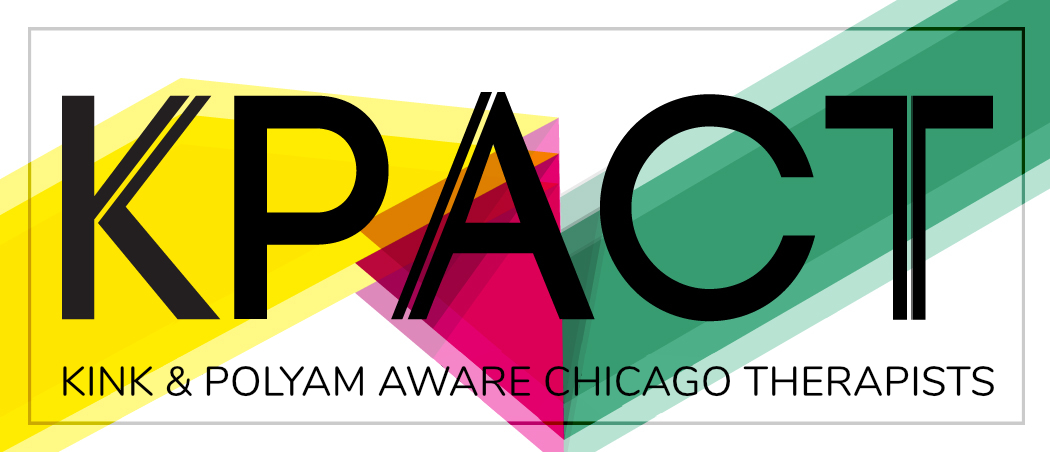
by Cindy Trawinski, Psy.D.
This blog was inspired by the Human Rights Campaign (HRC) blog How to Be a LGBTQ Ally. I am grateful to HRC for their groundbreaking leadership in the fight for the rights of LGBT people in US and around the world. To read the original HRC blog, click http://www.hrc.org/blog/entry/how-to-be-an-lgbt-ally
For a lot of people, learning that someone you know and care about is non-monogamous, polyamorous, opening up their marriage or charting their own course in the relationship world can be frightening, confusing and challenging. If you are a parents, sibling, friend, co-worker who cares and means well, you may find you have unexpectedly strong emotional reactions to hearing the news. You may feel confused, stunned, perplexed, worried, shy, excited, jealous, annoyed, curious, awkward or embarrassed. This news may bring up old relationship wounds or conflicts. And, at times, it may be hard to know how to interact with your friend or loved one. What to say? What not to say? How to talk about being polyamorous or non-monogamous? How to be supportive? How to get comfortable with something that you may have never thought about before? — How to become a polyam ally?
An “ally” is a term used to describe someone who is supportive of a marginalized person or group. Allies are found inside and outside of the polyam community. Allies can be heterosexual, lesbian, gay, bisexual or queer. Allies can be monogamous, divorced, separated, partnered, married, non-monogamous, open, polyam or swingers. Allies don’t have to give up their identities to support others in finding and living a polyam or non-monogamous relationship.
The Human Rights Campaign identified 5 ways to be an LGBT ally and I would like to expand their suggestions to readers who are developing an alliance with non-monogamous or polyam individuals.
- Be honest: It’s important to be honest with yourself — acknowledging your feelings, your judgements and maybe even your biases towards relationships. Coming to terms with your feelings and reactions may take time. Sometimes seeking out a polyam-friendly therapist or counselor helps. And being honest means being honest with the person who came out in your life — acknowledging you aren’t an expert, asking them what’s important to them, seeking resources to better understand the realities of being a non-monogamous individual so that you can be truly informed and supportive.
- Send gentle signals:Showing and sharing your acceptance and support can be very easy. Many people often don’t realize that non-monogamous people keep watch for signs from their friends, family and acquaintances about whether it is safe to be open with them.
- Have courage:Just as it takes courage for people exploring non-monogamy to be open and honest about who they are, it also takes courage to support them. We live in a society where prejudice still exists and where discrimination is still far too common. The strong bias towards monogamous heterosexual coupling leading to marriage is very much alive and often unrecognized. Even imagining for a moment what your friend or love one is facing is coming out to you and giving your support to them will take your relationship to a higher level and is a small, but important step toward a better and more accepting world.
- Be reassuring:If it is true for you, let your friend or loved one know that the relationship constellation they are in or exploring does not change how you feel about them, but it might take a little while for you to digest what they have told you. Let them know you still care for and respect them as much as you ever have or more. And if it is right for you tell them that you want to do right by them and that you welcome them telling you if anything you say or do is upsetting.
- Let your support inform your decisions:Being an ally is about developing and deepening understanding of what it means to be open, polyam or non-monogamous. Developing an authentically supportive stance is a journey and a process in yourself and in your relationship with your friend or loved one as well as in your relationship with the world — which often is not so welcoming of diversity in relationship constellations.

